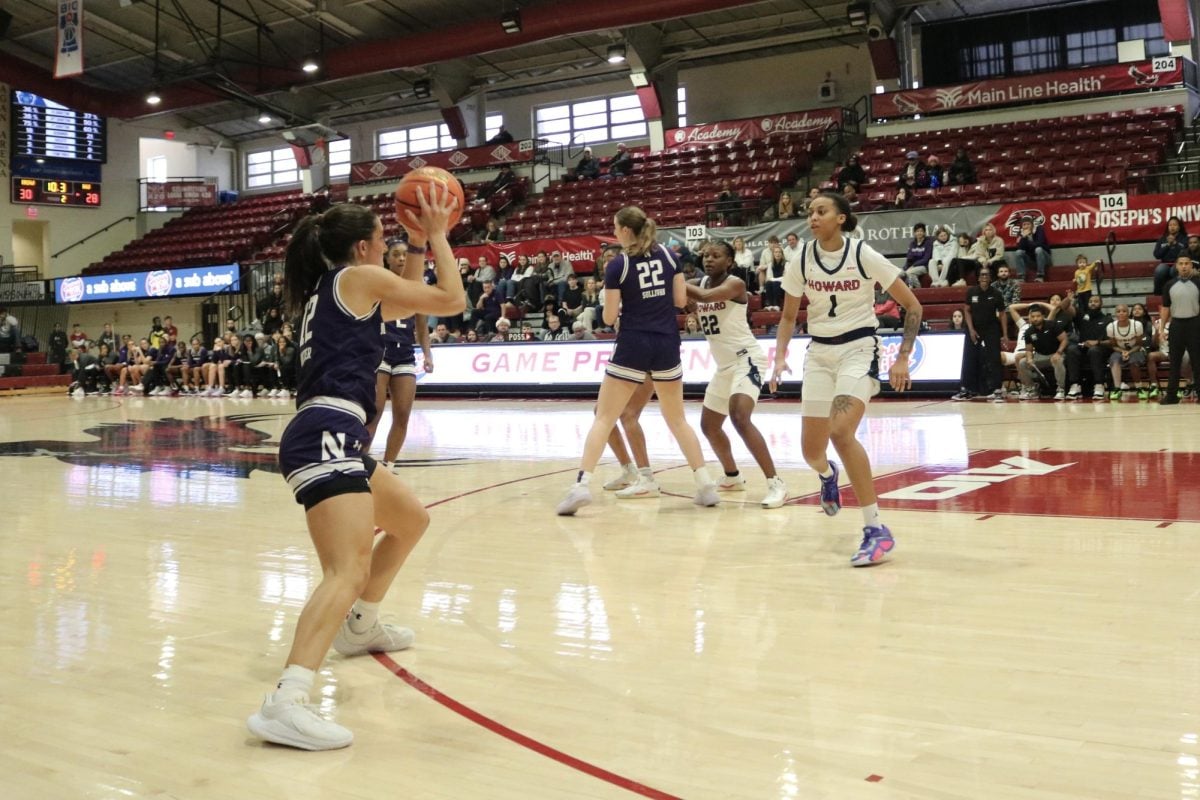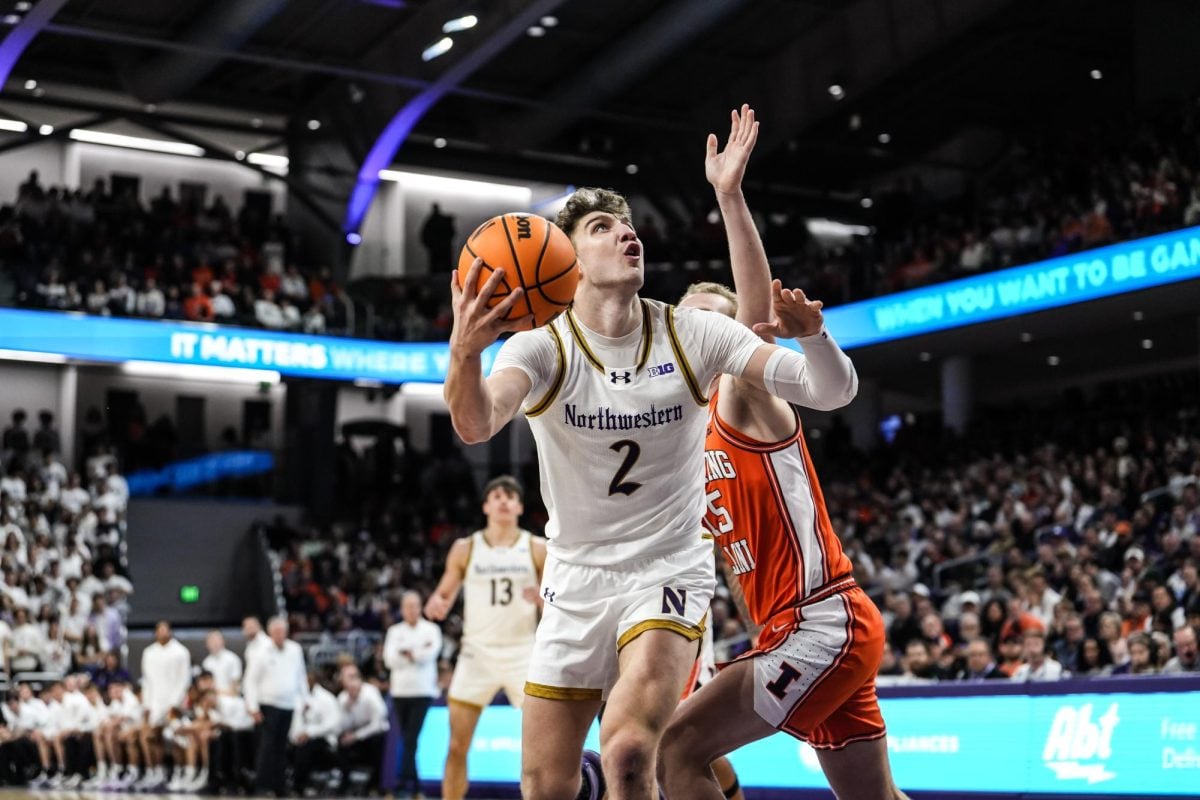On the most infamous night in Penn State football history, Bill O’Brien was offensive coordinator and quarterbacks coach at Georgia Tech University, four jobs away from his current one.
At the same time, Christian Hackenberg was an elementary school student.
On March 1, 2002, Jerry Sandusky was seen having sex with a preteen boy in a locker room shower. Then-Penn State graduate assistant Mike McQueary, who witnessed Sandusky’s actions that evening, reported what he’d seen up the athletic department chain of command, prompting a cover-up that eventually ruined the careers and reputations of everyone involved.
Sandusky will die in jail. Coach Joe Paterno died in relative disgrace. Former administrators Tim Curley, Graham Spanier and Gary Schultz were one way or another forced from their positions and now face criminal charges. Even McQueary is no longer employed by the university.
Left to suffer the consequences of their predecessors is the current Penn State regime, led by current head coach O’Brien and freshman quarterback Hackenberg. In the wake of the Sandusky scandal, the university was slammed with sanctions, buried beneath a pile of historic NCAA punishments: four years of banishment from bowl games, 14 years of wins vacated, a $60 million fine and severe limitation of the Nittany Lions’ available football scholarships.
Of course, the sanctions were intended as preventative as well as punitive. Because universities — not only individuals — need warnings from face-saving cover-ups of unforgivable crimes. In a sense, the punishments doled out to the Penn State football program must have been as much about sending a message as they were about bringing justice to wrongdoers. The culprits of the scandal and cover-up were punished with lost jobs. The NCAA, often prone to disciplining schools for misbehavior by departed coaches, delivered massive penalties to those unfortunate to come after the bad guys. As it turns out, that harshness was retractable.
With their message presumably sent and received, the NCAA is mercifully relenting on their infliction of football-program suffering in Happy Valley. The Nittany Lions were returned ten 2014 scholarships and will retain their full allotment in 2016. It’s a surprising reversion for the often hammer-handed NCAA, a change of course its president, Mark Emmert, called “an important recognition of the university’s progress.”
“Progress,” likely means many things, but a crucial aspect of its significance is certainly the removal of the scandal’s perpetrators. With Sandusky, Paterno and company long gone and Penn State apparently demonstrating substantial accountability, the university deserves a gradual chance at new life. O’Brien deserves some flexibility in recruiting, and Hackenberg deserves a full slate of new teammates. For now, the freshman can’t play in a bowl game until his senior year. Maybe, with the NCAA’s open-mindedness toward repealing sanctions, that will change. In the Penn State case, a headline-grabbing, fear-striking punishment was needed to assure America and remind its athletic departments that the behavior of the Nittany Lions’ brass was intolerable. Now, with Penn State reacting appropriately post-sanctions, repealing some of the rigidity makes sense. Props to the NCAA for having mercy on an essentially innocent group.
Sandusky, Paterno, Spanier, Curley and Schultz got their justice. Now let’s let O’Brien and Hackenberg have theirs.
Email: [email protected]
Twitter: @AlexPutt02







